Earth Hour 2011, in Pictures

At 8:30pm on Saturday 26 March 2011, landmarks across the world switched off their lights for one hour in a bid to highlight global climate change.
The Lost Emperors
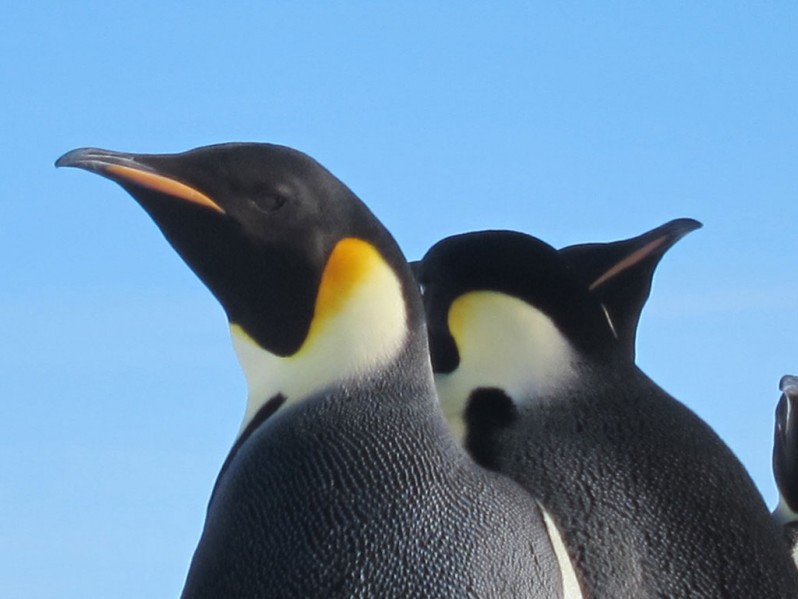
A small colony of emperor penguins on an island off the West Antarctic Peninsula is gone, and the most likely culprit is loss of sea ice caused by warming. Most emperor penguins breed on sea ice, called fast ice, which attaches to the ice shelves and coastlines. This is the first time the disappearance of a colony has been documented.
EU Pledges 90m Euros in Climate Funds for Sinking Pacific Island States
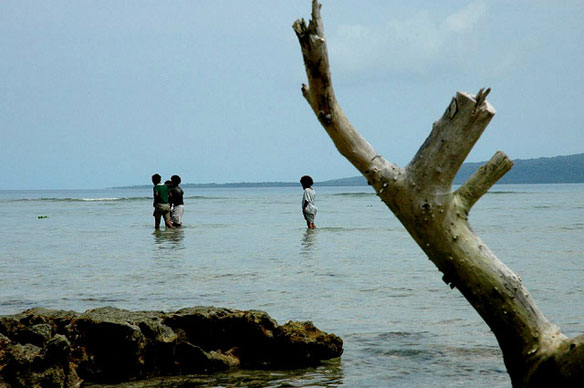
Building on the Cancun Climate Change Conference, the High Level conference on Climate Change in the Pacific will be hosted by Vanuatu on 4 March and is organised by the European Commission. Sinking Pacific island states on the frontline of climate change, are to receive funding for climate-related projects.
King Tide: The Sinking of Tuvalu
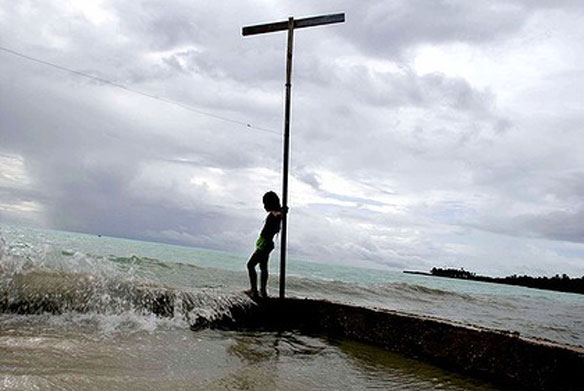
The fragile strips of green that make up the small islands of Tuvalu are incredibly beautiful but also incredibly vulnerable.
The group of nine tiny islands in the South Pacific only just break the surface of the ocean, but for how much longer?
Protecting Nature Through “Radical Collaboration”
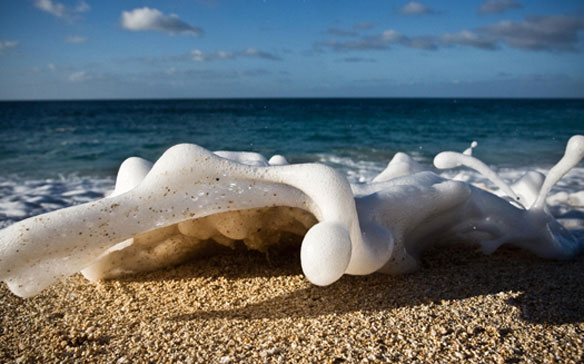
For too long, the conservation movement has viewed development as something that must be stopped in order to protect nature. Conversely, businesses and governments have traditionally given too little thought to the value of nature.
Alliance between the Arctic and Tropics
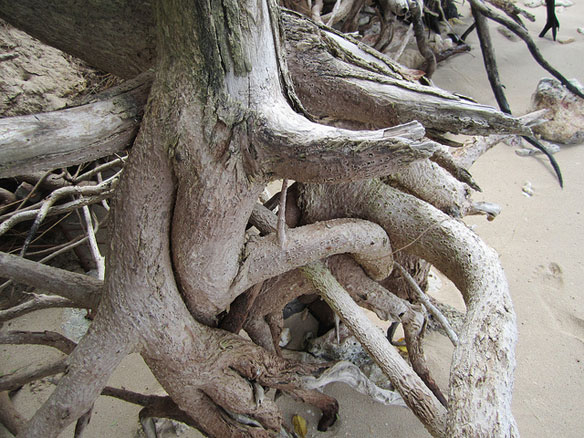
Inuit leaders seek common front against climate warming.
Testing the Limits of Where Humans Can Live
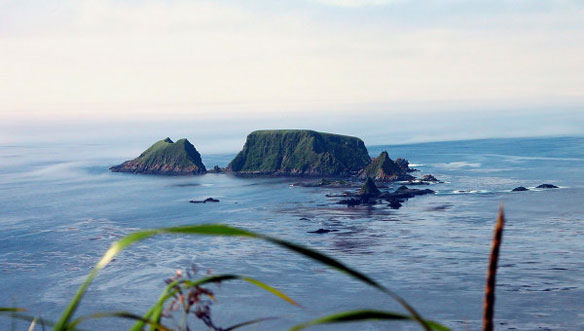
Understanding what made residents stay and how they survived could inform how we adapt to modern vulnerabilities, including climate change.The findings also have implications for how we rebound from contemporary catastrophes, such as the Indonesian tsunami in 2004, hurricanes Katrina and Rita and last year’s earthquake in Haiti.
50 million environmental refugees by 2020, experts say
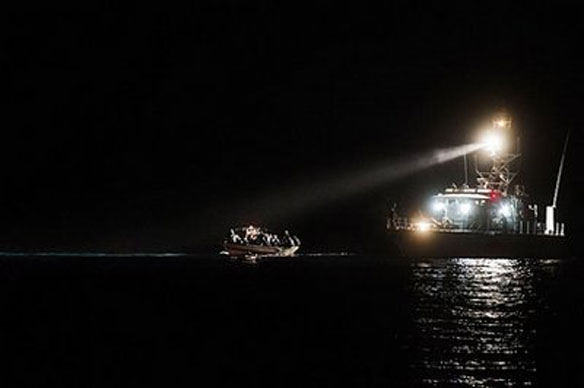
These are people who can no longer gain a secure livelihood in their homelands because of drought, soil erosion, desertification, deforestation and other environmental problems, together with the associated problems of population pressures and profound poverty.
If Greenhouse Gas Emissions Stopped Now, Earth Would Still Likely Get Warmer

A new research, from the University of Washington, shows that even if all emissions were stopped now, temperatures would remain higher than pre-Industrial Revolution levels because the greenhouse gases already emitted are likely to persist in the atmosphere for thousands of years.
